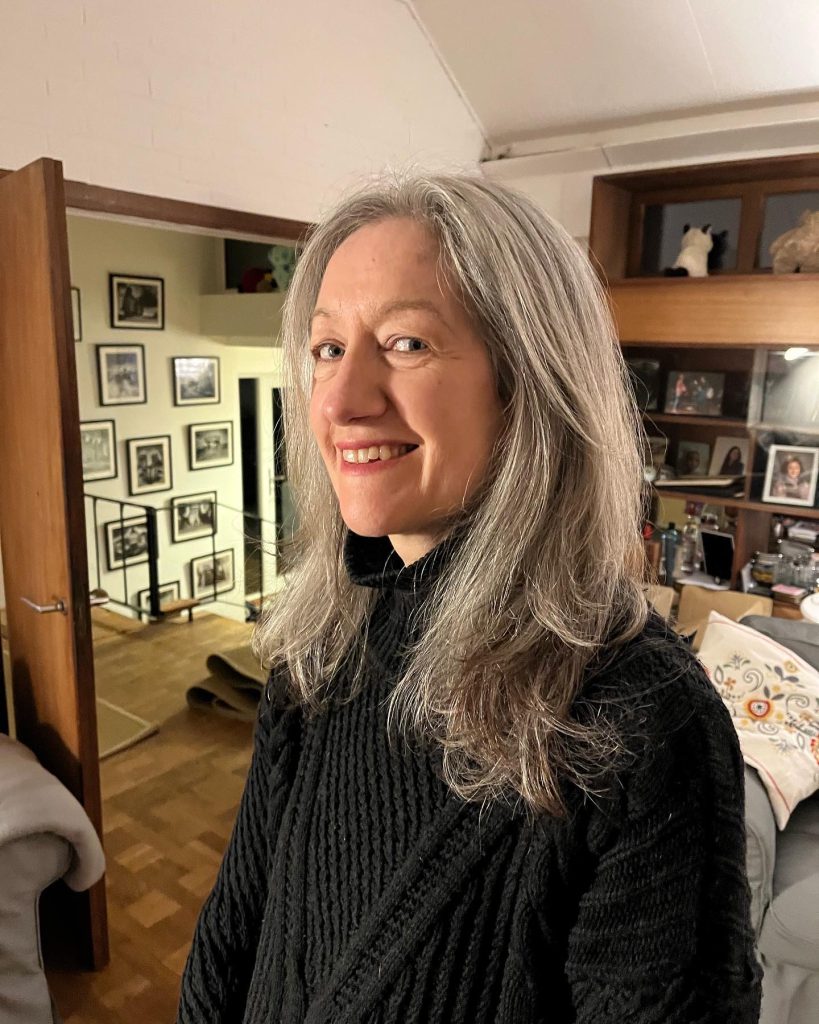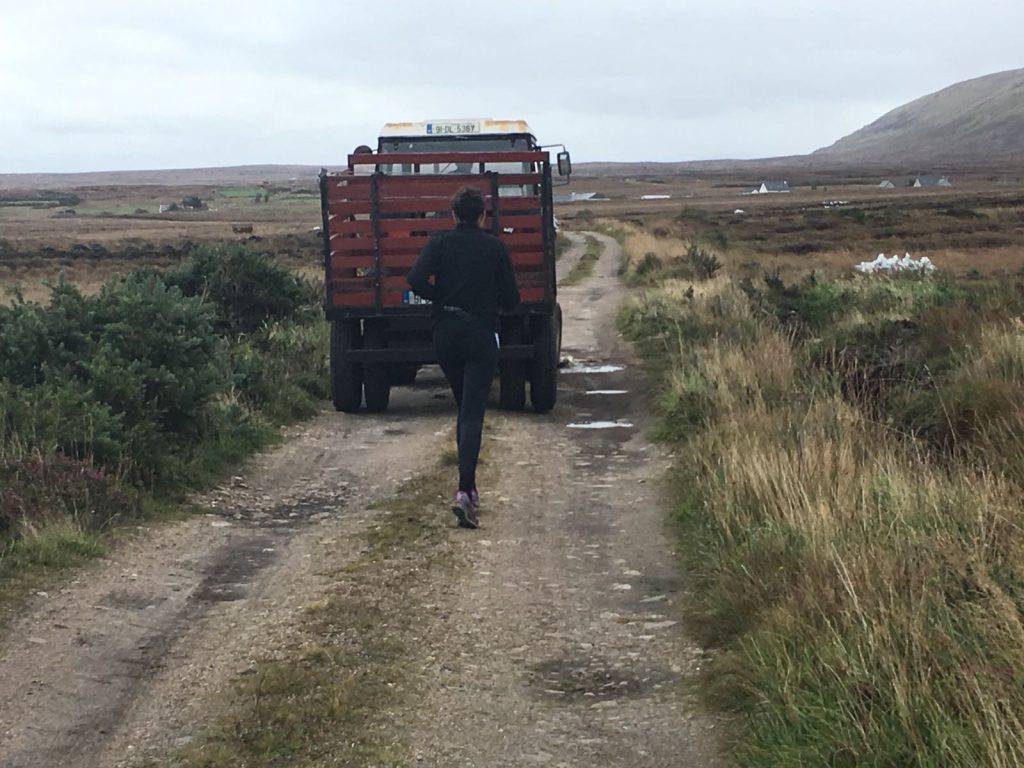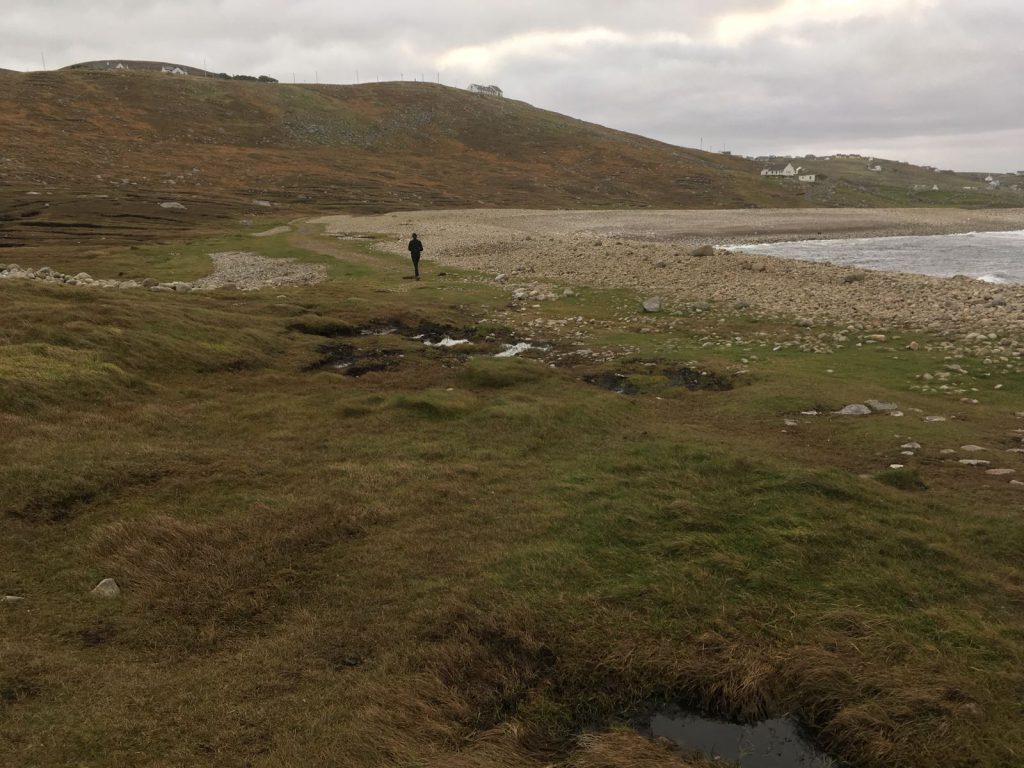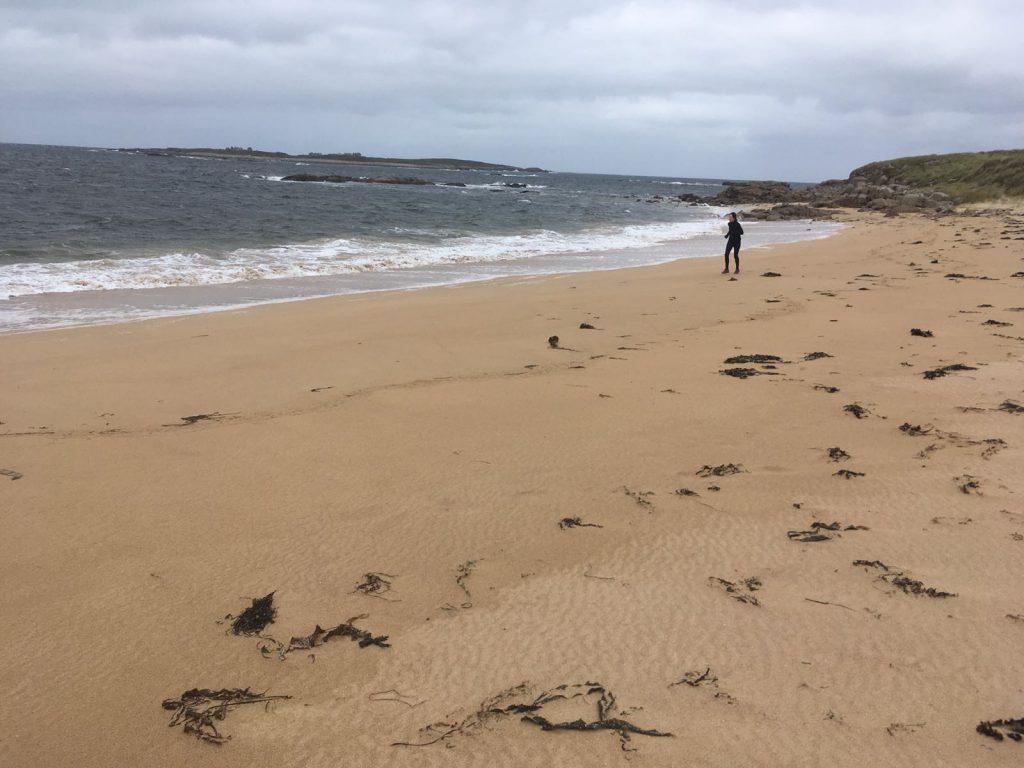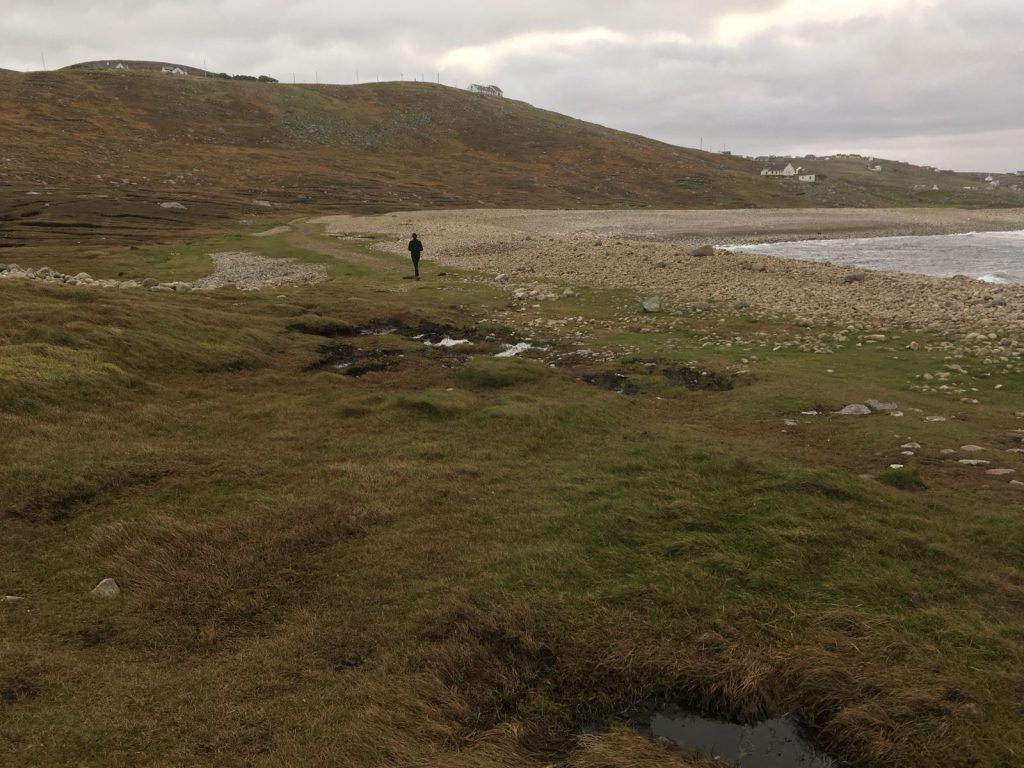AUTISTICA TURING CITIZEN SCIENCE NEWSLETTER
Today we are spotlighting Lucinda Marsden.
Lucinda is an AutSPACEs collaborator, who has given valuable insights to the project since it’s inception. She has been an important advocate for diverse inclusion and fair remuneration for participatory scientists.
I am the mother of an autistic young person with complex needs.
I promote acceptance and awareness of individuals, families, and caregivers affected by severe forms of autism by giving a voice to their realities and needs.
They are a vulnerable, growing and overshadowed population and there are huge gaps in policy and services and the special attention they require.
I feel my job is to listen and then give ALL autistic people a voice. I actively seek out and take part in focus groups and discussion sessions where I can share my lived experience and ideas for how to make autism research serve everyone, not just the easiest to reach.
I strongly advocate for diverse inclusion and fair remuneration for autistic people and caregivers involved in autism research. Otherwise, charities and researchers risk discriminating against the very groups they are trying to help, whom, in many cases, cannot work and as a result live below the poverty line. No one works for nothing and nor should caregivers and autistic people. Our knowledge is worth something.
I was asked by the Head of Priors Court school (http://www.priorscourt.org.uk/) to join their research board.
I presented with the Alan Turing Institute at CogEx.
I am an @womenofyear alumna.
In my spare time, I am a writer of fiction and non-fiction and I like to run (slowly) and read a lot – not at the same time.
Lastly, I love this recent Twitter quote from father, director, writer and teacher, Stephen Unwin (@RoseUnwin)
“In our championing of the many splendid things that so many learning disabled and / or neurodivergent people can do, we must be careful not to marginalise or forget those who can do less.”
